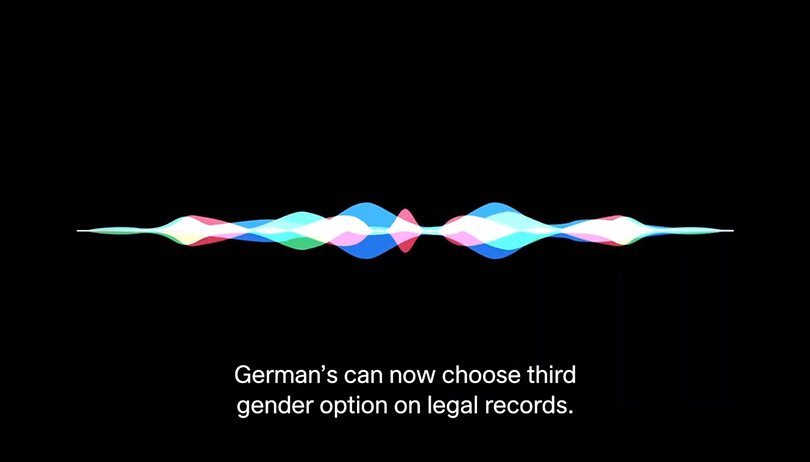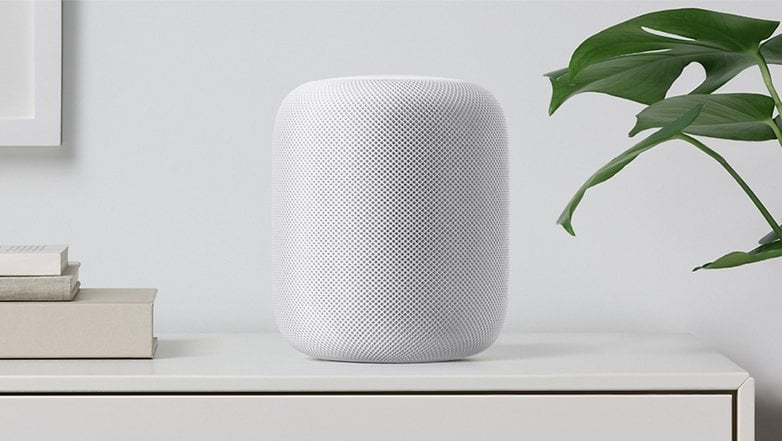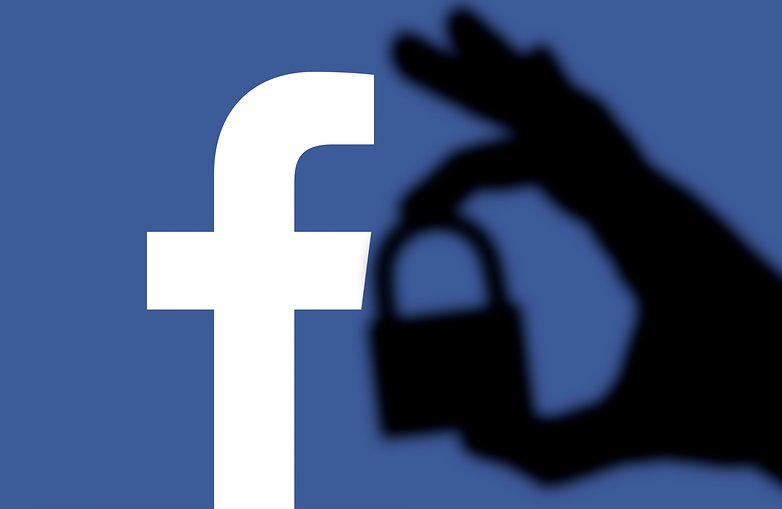Winner and loser of the week: Facebook data misery and Siri's dominance


There was a lot going on in the tech world again this week. From rumours of new smartphones and to a merger of the three big ones: Apple, Google, and Amazon had good and bad news again. But in our weekly article we show you the biggest winners and losers of all.
This week's winner: Siri!
A digital assistant is the winner of the week. Siri is the assistant that is most widely used and, according to a market analysis by futuresource, is the market leader. This is somewhat surprising when you look at the market in recent months. Amazon's Alexa and Google's Assistant only occupy 3rd and 4th place in the rankings. Cortana is in between.
But why is that? Amazon and also Google are pushing their assistants a lot on the market with dropping prices for their smart speakers. Android is additionally a carrier of both assistants. Actually, the two assistants should have broken the market power of the two computer manufacturers long ago. But they are far from it.

With the pre-installation of Cortana in Windows 10, Microsoft has a distribution channel that includes not only new devices, but virtually all Windows PCs from previous years. This brings Microsoft's market share of digital assistants with Cortana to a whopping 22 percent. With Apple the spread is even more blatant. Due to the fact that even ancient iPhones like the iPhone 5 carry Siri inside them and, above all, that Apple has managed to implant the digital voice in all its own products, the market share is a powerful 35 percent. In comparison: Google's Assistant comes in at 9 percent, Amazon's Alexa at 4 percent.
But how about usage....
However, dissemination does not mean the same as use. The analysis does not explain how high the total use of the assistants is. Here the result can look quite different. Mainly because verbal control is used mainly in the smart home and less so on mobile. It is possible that the figures may be quite different when used. Nevertheless, Siri can sit on the winners podium for now. Not even Microsoft with Windows 10 and Google with the Android can manage such a wide distribution.
Loser of the week: Facebook and the latest data leak
My loser of the week is Facebook. Once again millions of users' data has been lost. Once again, one has to ask oneself how such a company, whose greatest capital is the user data, handles this resource so carelessly.
Of course, the customers themselves are partly to blame. Especially those who don't want to hide their data from the view of strangers through the privacy settings shouldn't be surprised if your names, phone numbers and co. become freely accessible on the internet. The fact that Facebook itself is using a campaign to draw attention to precisely this attitude is laudable, but I can understand why many users feel unable to use this jumble of settings. On the other hand, it is not understandable that many users' handling of data from their own children or partners and third parties is often completely out of line.

But Facebook is not a private person, Facebook has had a strong influence on the web as we know it, has accompanied an entire generation since childhood and has a market power like hardly any other company in the respective field. The company manages billions of people and trillions of data, images and videos. I wonder how such a company came to this, despite doing its core business so badly. Above all, such a data leak is not only damaging to the users themselves, but Facebook itself must also have a heightened interest in protecting its users' data. On the one hand, it earns its money with exactly this data, on the other hand the image loss is immense.
Will this go on much longer?
The platform has already lost the very young user group at least partly. TikTok, Snapchat and Instagram (yes, this platform belongs to the Facebook group) are more popular among the young and a 13-year-old said to me recently: "What am I supposed to do on Facebook?" But Facebook is losing not only the young, but also the data-sensitive. In addition, there is a little bit of courageous intervention against fake news and propaganda (in Germany), especially from the right-wing fringes of society, which was only enforced by the state.
All in all, Facebook makes you feel like a data collector's showcase, the young people are not there and the tone and level of the content is nerve-racking. If nothing much changes in this cocktail, Facebook will soon be one of the losers in Internet history.




















-
Admin
Dec 24, 2019 Link to commentfacebook is evil and therefore prone to disasters